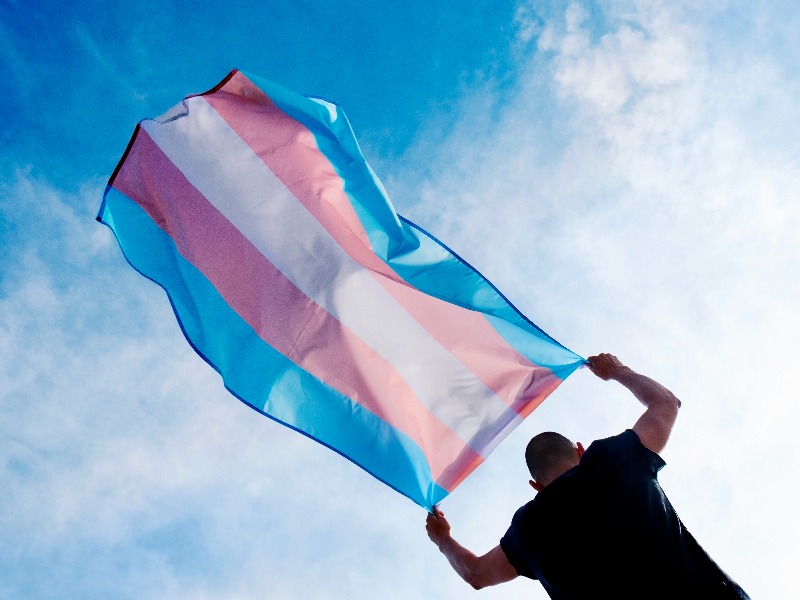
KPMG in Canada is supporting its transgender, non-binary and gender-diverse employees with a new gender affirmation policy.
Stephanie Braid, director of inclusion, diversity and equity at KPMG in Canada, says the policy provides employees who are in the process of affirming their gender with a complete support plan, including how to announce a name change and proper pronouns, as well as how they can be supported through KPMG’s benefits program. In 2018, the company introduced up to $10,000 lifetime coverage for procedures to support gender affirmation.
Read: An in-depth look at LGBTQ+ benefits
“Transgender or non-binary people can have a very different experience [than their colleagues] — they can face bias and barriers. . . . Due to a lack of education there can be a lot of barriers and some people choose to leave and we could be losing great talent from our organization, when it’s completely preventable. If we can provide a safe, respectful and affirming workplace, employees will want to stay.”
In addition, the policy also includes guidance for managers and colleagues with information on physical workplace accommodations such as gender-neutral washrooms, leaves of absence and flexible work arrangements and mental-health support.
“It goes deeper into education and how to be supportive, such as through inclusive language or examples of how to be an ally. It’s giving them tools to support someone going through this process. The vast majority of employees want to be supportive; they just don’t necessarily know how and they’re afraid of a misstep.”
Read: How KPMG Canada flexed its benefits program with a plan redesign
Braid says the policy was developed through a mix of internal and external expertise, including KPMG’s Canadian network of LGBTQ2S+ employee resources groups and other employers that have created their own gender affirmation guidelines. She notes the policy is part of a larger education effort through KPMG’s global diversity, equity and inclusion strategy.
“For example, this past June as part of Pride celebrations, we had a session with the Centre for Sexuality in Calgary to educate employees on gender beyond binary and using inclusive language. And as we’ve been going through the process of adding more gender-inclusive washrooms, we’ve been bringing more education to our various offices as they go through that process to help them understand why this is important.
“People who are cisgender haven’t had to put themselves in these shoes before. Most people leave those sessions with a new confidence to be inclusive and supportive. We’re never going to stop those sessions because it’s a great way to complement the policies we’re putting in place. . . . We spend so much time at work so we want to ensure everyone can be themselves.”
Read: Using non-binary gender descriptors remains challenge for benefits, insurance industries
